
A treatment analysis for early NSCLC found that wedge resection, along with Cs131 brachytherapy, and stereotactic body radiation therapy are all strong options.

Your AI-Trained Oncology Knowledge Connection!


A treatment analysis for early NSCLC found that wedge resection, along with Cs131 brachytherapy, and stereotactic body radiation therapy are all strong options.

A prospective study found that a bronchial airway gene-expression classifier improved the diagnostic performance of bronchoscopy for lung cancer detection.

Autologous stem cell transplant led to significantly longer overall survival than non-transplant strategies in a cohort of elderly patients with multiple myeloma.

Genotyping of African Americans suggest that with regard to somatic driver mutations in non-small-cell lung cancer (NSCLC), black patients do not significantly differ from white patients, according to a new study.

CML patients with more comorbidities at diagnosis have significantly reduced overall survival, according to an analysis of the randomized CML-Study IV.

A new study using CML in blast crisis cells has identified existing anticancer agents that may provide benefit to patients with this difficult-to-treat disease.

A randomized trial failed to show non-inferiority of 6 months of adjuvant trastuzumab compared with the standard 12 months for HER2-positive breast cancer.

A small Greek case-control study found that drinking herbal teas, and in particular chamomile tea, over a long period of time is linked to a decreased risk of developing thyroid cancer and other thyroid diseases.

A population-based study found some evidence that the use of statins is linked to reduced rates of cancer-specific mortality among lung cancer patients.

The multi-targeted TKI lenvatinib showed promise in a phase II trial of patients with advanced, radioiodine-refractory, differentiated thyroid cancer.

Trabectedin failed to improve progression-free survival outcomes compared to doxorubicin as first-line therapy for advanced/metastatic soft-tissue sarcoma.
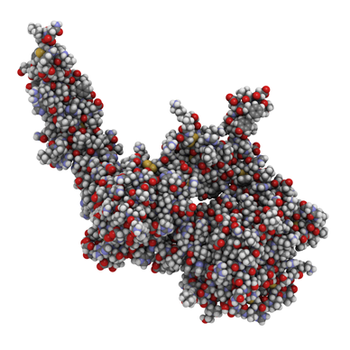
T cells that express a HER2-specific chimeric antigen receptor showed promise as a treatment for HER-2 positive sarcoma in a small phase I/II trial.

A new population-based study has found that patients with thyroid cancer who are treated with radioactive iodine therapy are at increased risk for developing salivary cancer as a second malignancy.

A recent study found that women diagnosed with breast cancer are at increased risk for developing thyroid cancer, prompting the authors to encourage regular screening for the disease in breast cancer survivors.

Inhibition of PD-1 with pembrolizumab was well tolerated and showed promising survival results in a large phase I trial of patients with advanced non–small-cell lung cancer (NSCLC).

Early-stage non–small-cell lung cancer patients over 70 years old derive a similar benefit as younger patients from adjuvant chemotherapy following surgical resection.

Though surgery is the standard treatment for early-stage non-small-cell lung cancer, a new study suggests that stereotactic body radiotherapy offers lower immediate mortality and toxicity.
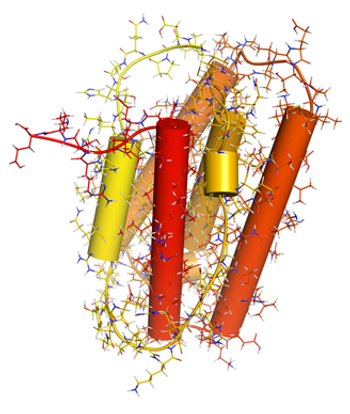
Results from a small study suggest that treatment with interferon alpha 2a could help chronic myeloid leukemia patients discontinue imatinib treatment.

A retrospective analysis showed that crizotinib is highly active in lung cancer with ROS1 rearrangements, which are present in about 1% of lung adenocarcinomas.

A study found varying degrees of costs and benefits associated with granting early access to drugs based on PFS. In many cases, costs outstripped the benefits.
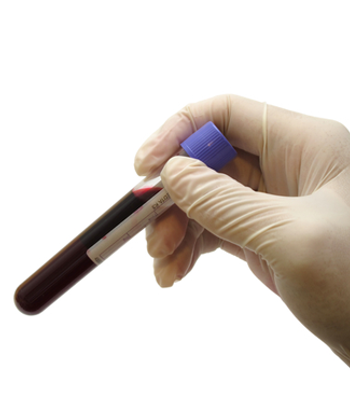
A retrospective analysis found that high expression levels of two angiogenic factors were associated with poor prognosis in esophageal cancer.
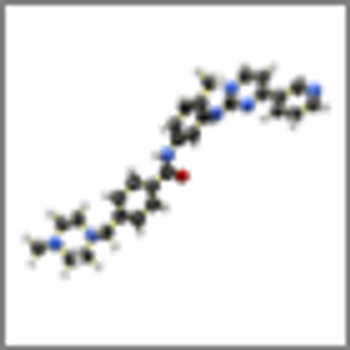
A single-arm, open-label trial in Australia found that selective early switching from imatinib to nilotinib is feasible and effective in patients with CML.

CML patients with high CIP2A levels treated with second-generation tyrosine kinase inhibitors have better outcomes than those treated with imatinib.
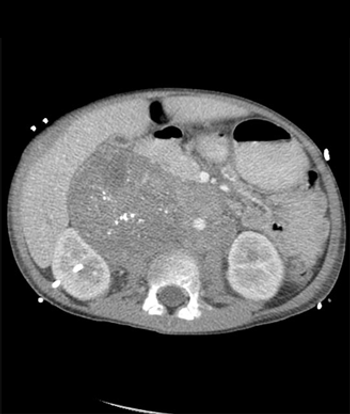
Expression of the IGF2BP1 gene was associated with more advanced tumors and decreased patient survival in neuroblastoma, suggesting its prognostic value.
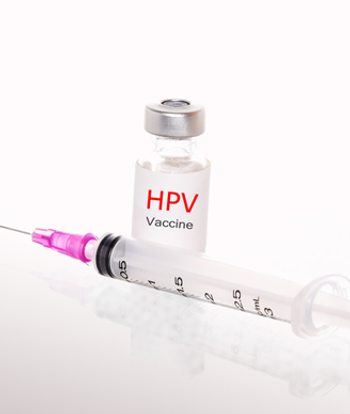
Final results of the trial that led to FDA approval show that a new 9-valent HPV vaccine can reduce cases of HPV and cervical cancer.

A new study yielded nomograms for the assessment of locally advanced cervical cancer, with prognostic factors including histology, performance status, and others.
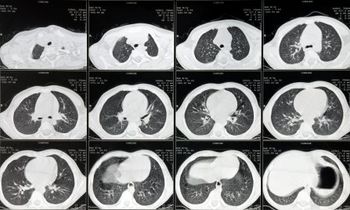
A retrospective analysis suggested that a declining proportion of patients with lung cancer would meet the criteria for undergoing low-dose CT screening.
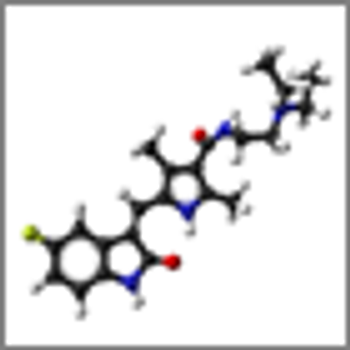
In a phase II study, the use of maintenance sunitinib improved progression-free survival among patients with untreated extensive-stage small-cell lung cancer.

A classification system known as Lung-RADS reduced false positive rates but also decreased the sensitivity of low-dose CT screening compared with NLST standards.

Cervical cancer survivors saw improvements in self-reported quality-of-life outcomes with a psychosocial telephone counseling intervention, according to a new study.